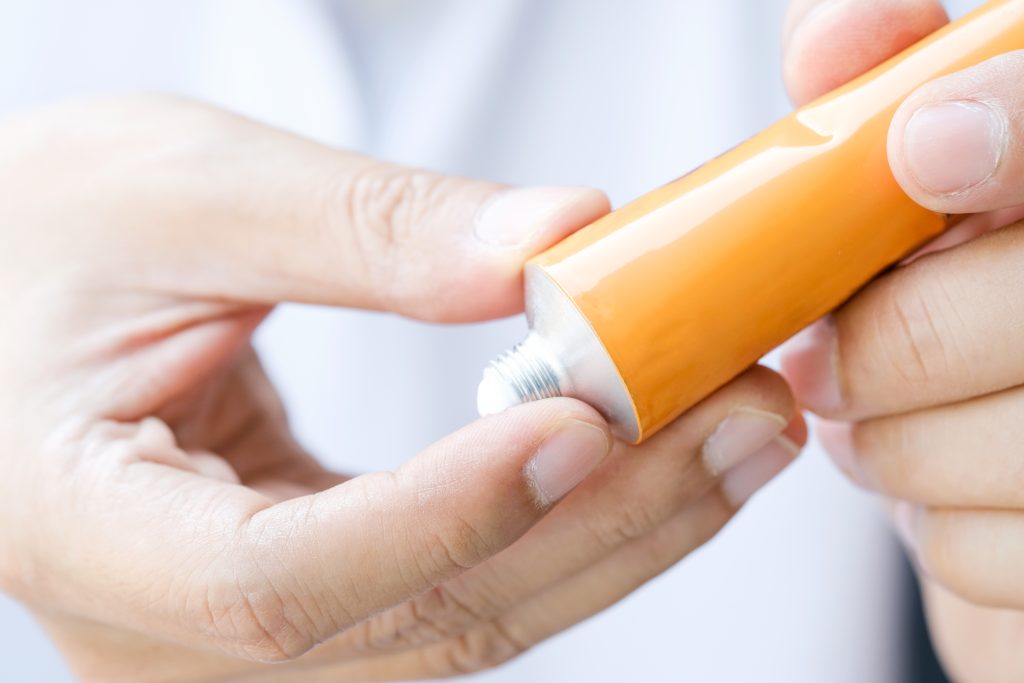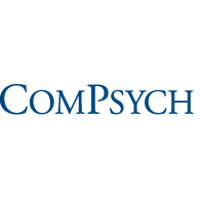
In recent years, the medical community and patients alike have become increasingly aware of a condition known as Topical Steroid Withdrawal (TSW). This phenomenon, which can occur in individuals who have used topical corticosteroids for extended periods, presents with a range of challenging symptoms that can significantly impact a person’s quality of life. As it emerges from the shadows of lesser-known medical issues, understanding TSW is more important than ever, especially in the context of addiction treatment and co-occurring disorders at Crosspointe Recovery.
What is Topical Steroid Withdrawal?
TSW, also called Red Skin Syndrome, occurs when the body becomes dependent on topical steroids. Originally developed as a treatment for various skin conditions, the overuse of these steroids can lead to TSW upon cessation. At Crosspointe Recovery, where our focus lies on addiction treatment and co-occurring disorders, understanding the complexities of TSW is essential in providing holistic care to our clients.
Causes of TSW
The condition develops after prolonged or inappropriate use of topical steroids. The skin becomes reliant on these medications, leading to withdrawal symptoms when they’re discontinued. Understanding the root causes of TSW is crucial in developing tailored treatment plans for individuals undergoing addiction treatment at Crosspointe Recovery.
Symptoms and Diagnosis of TSW
Identifying TSW symptoms can be challenging, as they mimic other skin conditions. Symptoms include redness, burning, and severe itching, often presenting with widespread redness and a distinct burning sensation. A thorough medical history, particularly steroid use history, is crucial in diagnosis, highlighting the importance of comprehensive assessments in addiction treatment at Crosspointe Recovery.
Impact and Complications
Physically,TSW can lead to painful, inflamed skin, while psychologically, it can cause distress, anxiety, and social withdrawal due to its appearance. Long-term TSW may also lead to skin infections and sleep disturbances due to severe itching. Recognizing the impact and potential complications of TSW is essential in providing holistic care to individuals undergoing addiction treatment and managing co-occurring disorders at Crosspointe Recovery.
Treatment and Management Strategies
Treatment focuses on managing symptoms and includes non-steroidal medications. Consulting healthcare providers is essential for tailored treatment plans, ensuring individuals receive comprehensive care that addresses their unique needs. Additionally, lifestyle changes like stress reduction and gentle skincare routines play a crucial role in managing symptoms and promoting overall well-being.
Patient Stories and Support
Many individuals facing TSW have found solace in sharing their journeys and connecting with others through support groups. At Crosspointe Recovery, we recognize the importance of community in managing this condition and strive to provide a supportive environment where individuals feel empowered to share their experiences and receive the support they need.
Conclusion
Understanding TSW is essential in providing comprehensive care to individuals undergoing addiction treatment and managing co-occurring disorders at Crosspointe Recovery. By recognizing the complexities of TSW and providing tailored support and treatment options, we aim to empower individuals on their path to recovery and promote overall well-being. With the right information, support, and care, individuals facing TSW can reclaim their quality of life and thrive on their journey to recovery at Crosspointe Recovery.

















